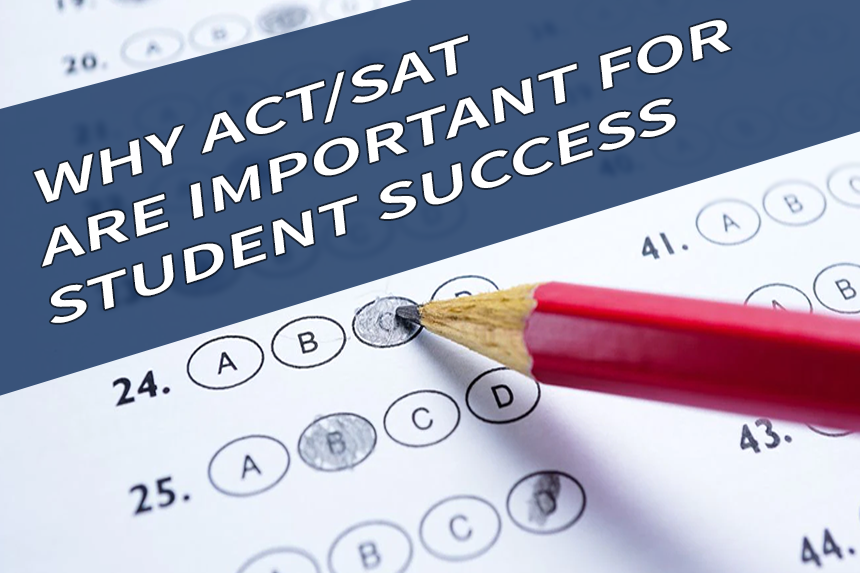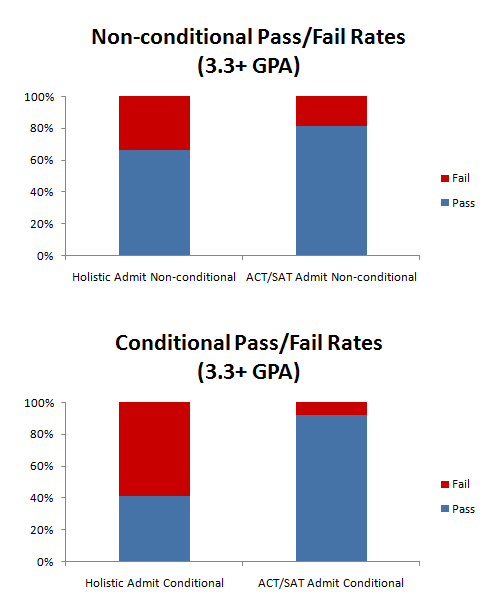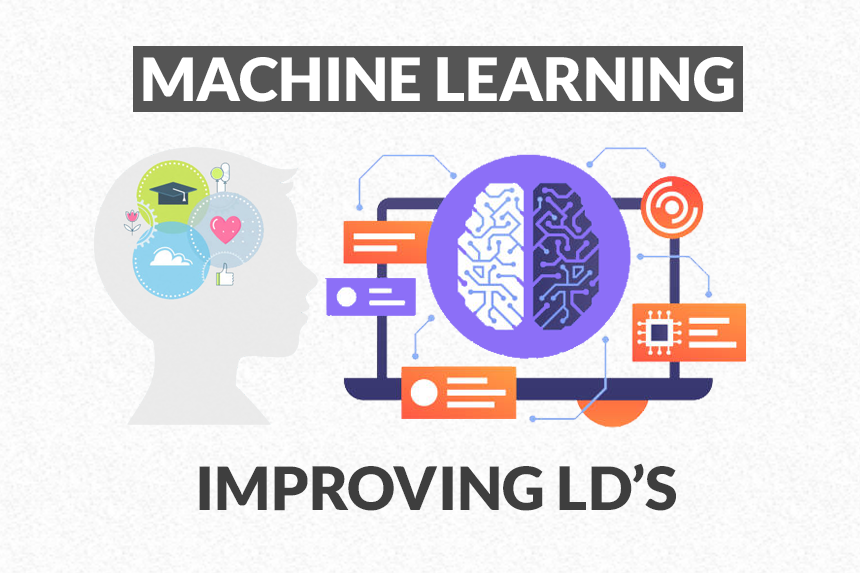
INTRODUCTION
Universities in the United States have changed their admission processes because of diversity and inclusion. In so doing, accepting students based on standardized testing has been dropped in favor of a holistic admissions review process.
Standardized testing methods refers to ACT & SAT testing. These are tests that students take in subject areas such as math, science, reading and comprehension. They were historically used to identify students with strong academic skills and discipline. The thought was all students compete on an even playing field and are ranked according to their merit.
The fairness of ranking students based on test score and merit has been called into question. The belief is that students who come from different socioeconomic backgrounds or are of ethnic minorities are disadvantaged by merit based admissions processes.
Holistic review scraps standardized testing completely in favor of high school GPA, AP credits, essay content, essay writing style and extracurricular activities/responsibilities. See Table 12 below for a more concise breakdown of the holistic review process.


Northern Illinois University Honors Program conducted statistical analysis on their 2019-2020 cohorts where they compared and contrasted the fail and pass rates of students. A pass was considered to be any GPA result of 3.3 or greater.
In these years they had students who were offered non-conditional and conditional admission using standardized testing and holistic admissions review.
The study provided pass and fail rates for both groups and broke down the racial and ethnic composition of classes.
This article won't be commenting on racial and ethnic results nor will we provide reasons for passes or failures. If you are interested in the diversity component of this study we welcome you to read the original article.
Instead, we are concerned with the academic results and what those results may mean for those that are contemplating ACT & SAT preparation.
RESULTS
Students who were admitted conditionally and only qualified via holistic review had the worst GPA eligibility rates at 41% .
Students who qualified via test scores were more likely to be GPA-eligible at the end of the first year in the honors program than their holistic entry counterparts: 83% vs . 60%

Of students who were admitted holistically for the fall 2020, 34% failed to achieve an honors-eligible GPA after one year in the program, and 59% of holistically admitted students who were flagged as “conditional” also failed to meet that goal. See Table 4 for more information.
Of the five original predictor variables only two were significant predictors of honors eligibility:
- High School GPA
- High School extracurricular activities
No other predictor approached statistical significance.
These results demonstrate students who had a history of academic rigor as well as an interest and willingness to be involved in non-academic activities were much more likely to remain honors eligible than those who did not.
Interestingly, the study did not seek to understand the relationship between High School GPA and ACT & SAT test scores. One would safely predict the two are positively correlated. This means students with a high GPA in High School are more than likely to have high scores on the ACT & SAT standardized testing.
Since the study looked at ACT & SAT test scores and their ability to predict future post-secondary academic success, their omitted significance in favor or High School GPA is puzzling.
Thankfully, the results are easy to comprehend.
In the following charts the blue area represents a 3.3+ GPA. The red area represents the percentage of students who failed to meet the minimum 3.3+ GPA requirement for the honors program.
For the non-conditional group 66% of the students admitted via the holistic review passed and 34% failed. On the other hand, for the conditional group only 41% of the students admitted via the holistic review passed and 59% failed.

These results are not favorable to the holistic admissions review process but how did the ACT/SAT group fair?
For the non-conditional and conditional groups, those students who were admitted via the ACT & SAT standardized testing processes did better than their holistic review peers. This group of students passed with 81% and 92% respectively.
What is most noteworthy is the difference in results between the two processes as they relate to non-conditional and conditional admission.
Students who were admitted via holistic review did worse if they were in the conditional group than those who were in the non-conditional group. Inversely, students admitted via ACT & SAT standardized testing process did better if they were in the conditional group. No explanation was provided for this result.
Nonetheless, in both the non-conditional and conditional groups students who were admitted via the standardized process did better.
CONCLUDING REMARKS
Placing your view of diversity and inclusion aside, the results from this university study shows why ACT & SAT preparedness matters for student success. Those students who scored well via standardized testing did measurably better than those students who gained entry via holistic review.
It's important to note, high ACT/SAT scores were not the reason for academic success. Instead, students who score high on standardized testing have developed strong learning skills and academic discipline that aids them in their post-secondary endeavors.
The underlying intent of this particular study was heavily focused on diversity and inclusion but there is a much more profound conclusion to be surmised. In fact, for those that seek to increase student success rates among ethnic groups, establishing stronger academic performance through standardized testing preparation should be promoted regardless of their admission weight.
If you are a student preparing for university you should aim for high marks in high school, be involved in extra-curricular activities and take ACT & SAT tutoring services. The results are clear. Those who score high on standardized testing succeed in university.
Since half of the holistic review process favors subjective categories, and not academic ones, the student has an increased burden to ensure they are prepared for the rigors of post-secondary academic life. Arguably, the best way to prepare is to take ACT & SAT tutoring and preparation courses.
For those concerned with diversity and inclusion, you should find ways to make ACT/SAT preparation available to a greater number of students.
More ACT & SAT preparation is required for student success. Not less!
ARTICLE SOURCE
Radasanu A. & Barker G. (2022). Inclusive and Effective Holistic Admission Frameworks for Honors Programs: A Case Study Continued. Honors in Practice, (18)29-44.







